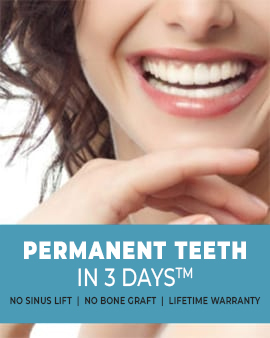The idea of using bacteria to promote health may seem counterintuitive, especially when it comes to oral care, where the focus has long been on eliminating harmful microbes. However, growing research in the field of the oral microbiome suggests that not all bacteria are enemies. In fact, certain strains of beneficial bacteria—known as probiotics—may play a vital role in maintaining oral health and preventing conditions like tooth decay, gum disease, and bad breath. This new understanding is reshaping the way we think about cavity prevention and overall dental care.
Understanding the Oral Microbiome
Just like the gut, the mouth has its own complex ecosystem of microorganisms. This community, known as the oral microbiome, includes hundreds of species of bacteria that interact with each other and with their host—us. In a balanced state, these bacteria coexist peacefully, supporting healthy gums, enamel, and a neutral pH environment. However, when this balance is disrupted, harmful bacteria can overgrow and lead to problems such as cavities and periodontal disease.
Traditional dental treatments have focused largely on eliminating harmful bacteria using antiseptic mouthwashes, antibiotics, and mechanical cleaning. While these approaches are effective, they often wipe out beneficial bacteria as well. This is where probiotics come into the picture. Rather than acting as a broad-spectrum antimicrobial solution, probiotics work to restore balance by encouraging the growth of good bacteria that naturally inhibit the bad ones.
How Probiotics May Prevent Cavities
Cavities are caused by acid-producing bacteria like *Streptococcus mutans*, which feed on sugars and release acids that erode tooth enamel. Some probiotic strains, such as *Lactobacillus reuteri* and *Streptococcus salivarius*, have been shown to produce substances that suppress these harmful bacteria. By occupying space on the teeth and gums, they can also reduce the ability of bad bacteria to adhere and form plaque.
Moreover, probiotics may help regulate the mouth’s pH balance, keeping it less acidic and therefore less hospitable to cavity-causing microbes. Some clinical studies have even demonstrated that the regular use of probiotic lozenges, chewing gums, or supplements can reduce the occurrence of dental caries and gingival inflammation over time. While more large-scale research is still needed, the results so far are promising and point to a future where maintaining oral health might involve cultivating the right bacteria rather than just eliminating the wrong ones.
Integrating Probiotics into Your Dental Routine
The integration of probiotics into oral care is still in its early stages, but it is gaining traction among dental professionals and researchers alike. Incorporating probiotics should never replace brushing, flossing, or professional dental visits, but it can serve as a powerful complement to these practices. Future formulations of toothpaste, mouthwash, and dietary supplements are likely to include targeted probiotics that support a healthier oral microbiome.
Patients interested in using oral probiotics should consult with their dentist to ensure they choose the right strains and dosages for their individual needs. Not all probiotics are the same, and those specifically formulated for oral health will offer the most benefits.
A Healthier Smile Through Microbial Balance
As science continues to unravel the complexities of the oral microbiome, one thing is becoming clear: maintaining oral health is about more than just keeping the mouth clean—it’s about keeping it in balance. Probiotics represent an exciting frontier in dentistry, offering a more holistic and sustainable approach to preventing cavities and other oral diseases. By embracing the power of good bacteria, we can take a smarter, more natural step toward lifelong dental wellness.

Dr. Motiwala in International Press
To access the article, kindly click the logo of the NEWS website below.
 |
 |
 |
Don’t Wait, Contact Us Now!
Dial +91 99596 14584 to speak with Dr. Motiwala Dental Clinic & Implant Center about your treatment choices and avoid paying any sinus lift costs in India. Contact us using the form on our CONTACT US page, and we’ll get back to you as soon as we can with the information you require.






